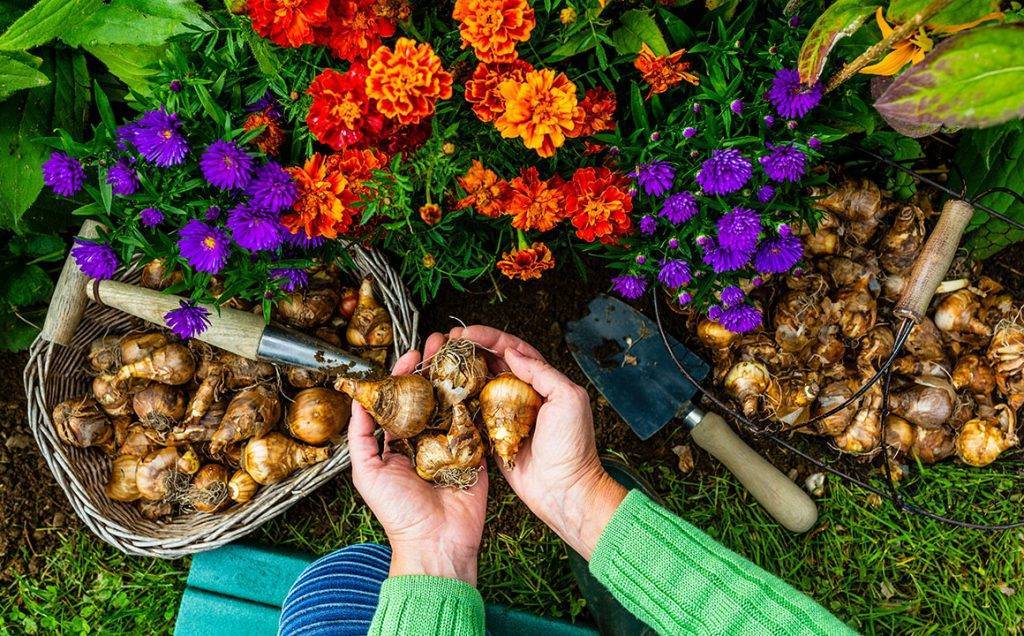In the realm of gardening triumphs, there exists a fundamental cornerstone that determines the success of your endeavors — healthy soil. This comprehensive guide aims to unravel the intricacies of cultivating soil that forms the bedrock for vibrant and thriving gardens. Discover the essential components, techniques, and practices that constitute the ultimate key to garden success.
Understanding the Soil Ecosystem
Embark on your journey to garden success by delving into the intricacies of the soil ecosystem. Recognize that healthy soil is a dynamic community of organisms, from microscopic bacteria to larger creatures like earthworms. This living, breathing environment contributes to nutrient cycling, water retention, and overall plant vitality. Understanding the symbiotic relationships within this ecosystem is the first step towards fostering healthy soil.
The Power of Organic Matter
At the heart of healthy soil lies the transformative power of organic matter. Composed of decomposed plant and animal residues, organic matter enriches the soil in numerous ways. It improves soil structure, enhances water retention, and serves as a reservoir of essential nutrients. Incorporating compost, well-rotted manure, or cover crops into your gardening routine contributes to the continuous renewal of organic matter, laying the foundation for a resilient soil ecosystem.
The Right pH Levels
Unveil the secret to unlocking nutrient availability by maintaining the right pH levels in your soil. Different plants thrive in specific pH ranges, and understanding this balance is crucial for optimal growth. Conduct regular soil tests to assess the pH and make amendments accordingly. Lime can be added to raise pH, while sulfur is effective for lowering it. Achieving the right pH ensures that nutrients are accessible to plants, fostering a nutrient-rich environment.
Smart Water Management
Healthy soil is synonymous with efficient water management. Implement strategies to conserve moisture, such as incorporating organic mulch. Mulching not only moderates soil temperature but also minimizes water evaporation, ensuring a consistent moisture level that benefits plant roots. Smart irrigation practices, such as drip systems or soaker hoses, further contribute to water efficiency and support the overall health of your garden.
Avoiding Soil Compaction
Guard against the perils of soil compaction by employing aeration techniques. Compacted soil restricts root growth and impedes water infiltration. Regularly aerate your soil using tools like aerators or by incorporating cover crops that naturally loosen the soil. This proactive approach fosters a well-structured soil environment, promoting healthy root systems and overall plant resilience.
Comprehensive Nutrient Management
Unleash the potential of your garden by adopting a comprehensive nutrient management plan. Conduct soil tests to identify nutrient deficiencies, and tailor your fertilization approach accordingly. Organic fertilizers, compost teas, and natural amendments contribute to a balanced nutrient profile, supporting robust plant growth. Avoid overreliance on synthetic fertilizers, as a judicious mix of organic and inorganic sources provides a more sustainable and environmentally friendly solution.
Crop Rotation for Soil Health
Elevate your soil health strategy by embracing the wisdom of crop rotation. Rotating crops disrupts pest and disease cycles, while also balancing nutrient demands. This mindful approach prevents the depletion of specific nutrients and minimizes the risk of soilborne diseases. Design a crop rotation plan tailored to your garden’s needs, ensuring a harmonious and sustainable soil ecosystem.
Cover Crops as Soil Guardians
Unleash the power of cover crops as guardians of your soil’s well-being. These strategically planted crops protect the soil from erosion, suppress weeds, and contribute organic matter upon decomposition. Legumes, such as clover or vetch, additionally fix nitrogen in the soil, providing a natural nutrient boost. Integrating cover crops into your garden management plan transforms them into active partners in cultivating healthy and resilient soil.

